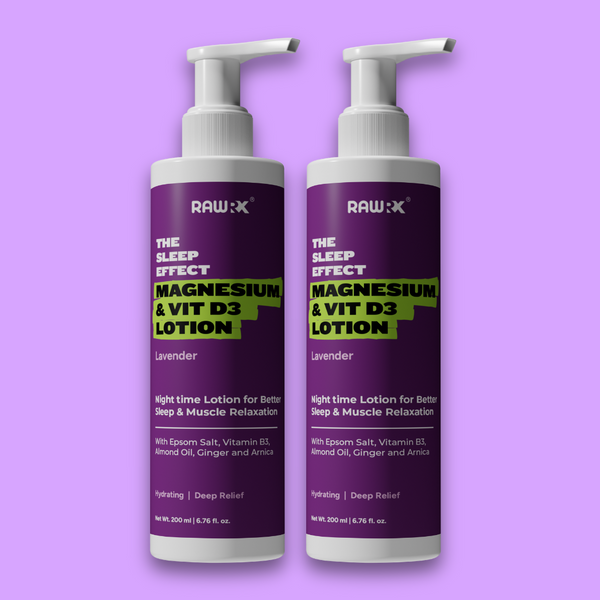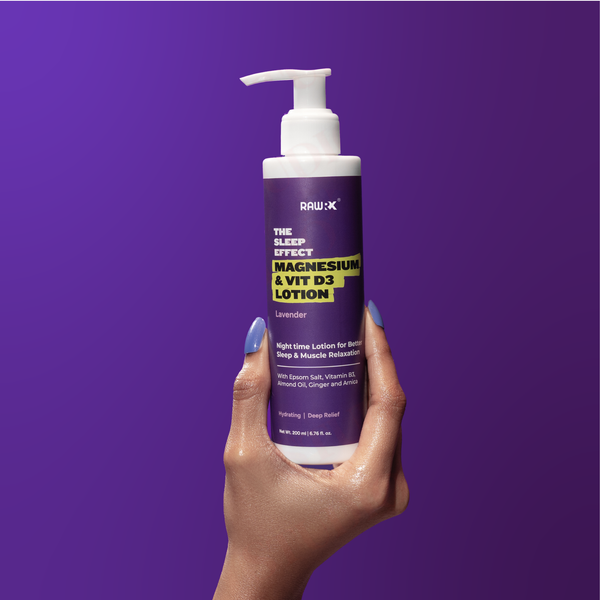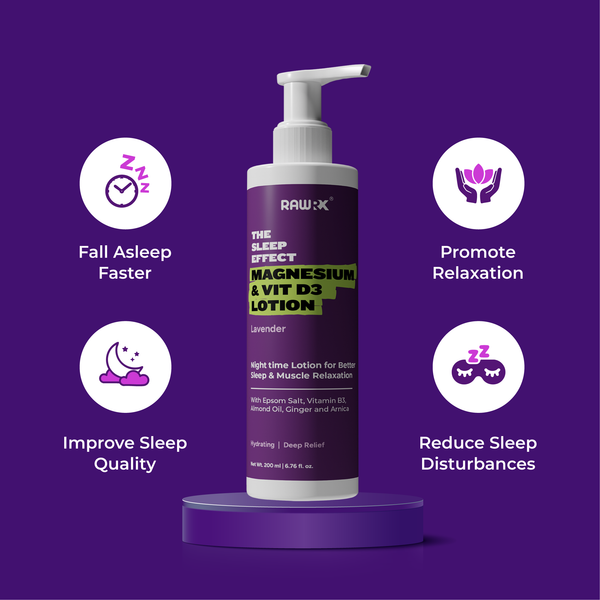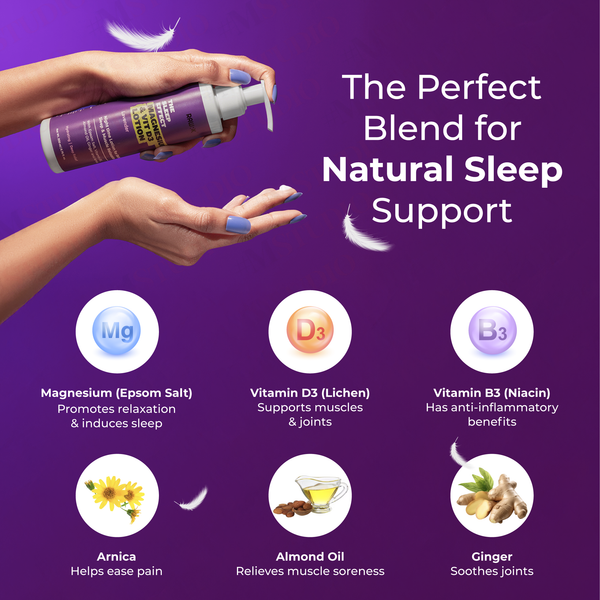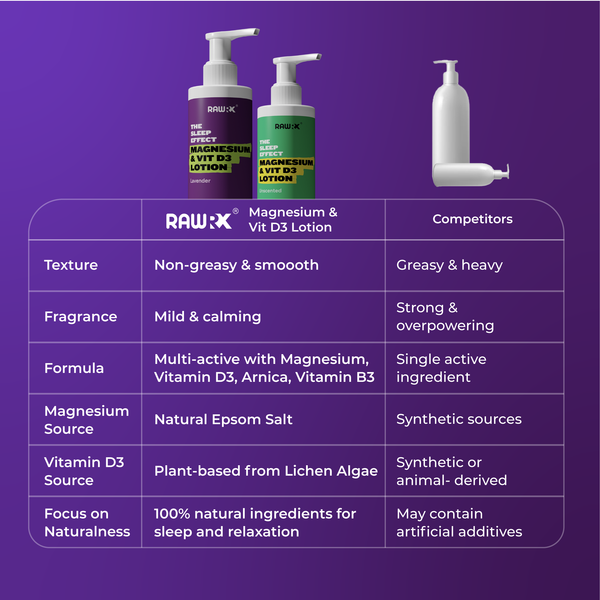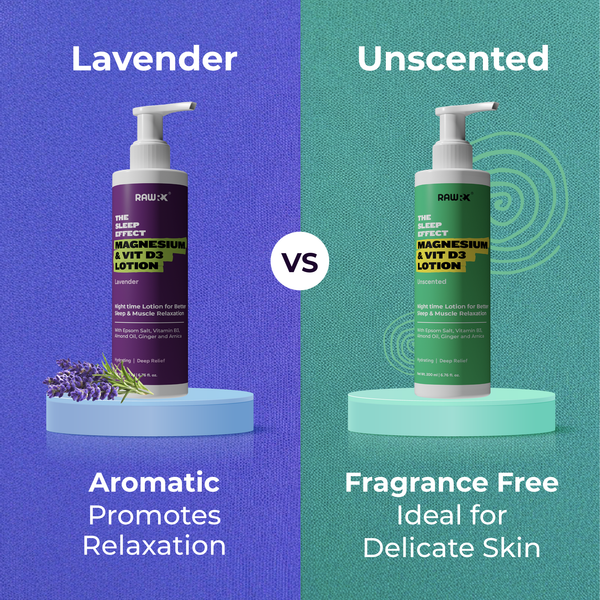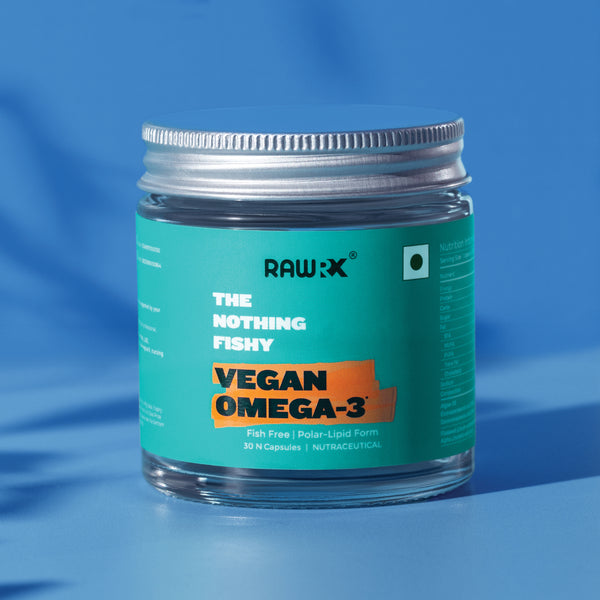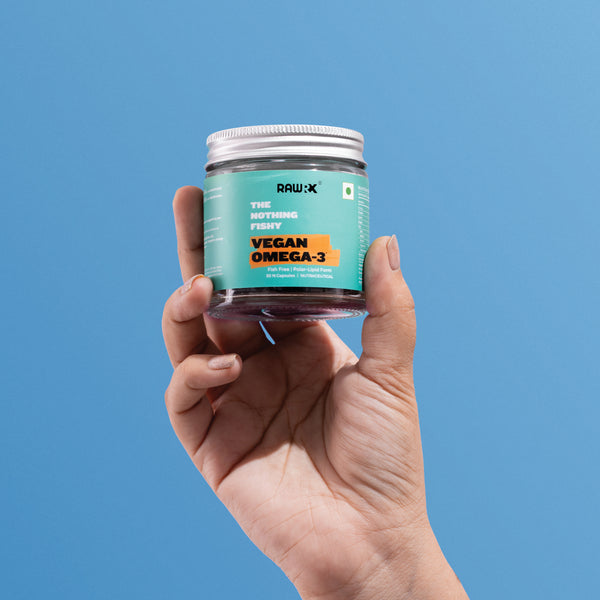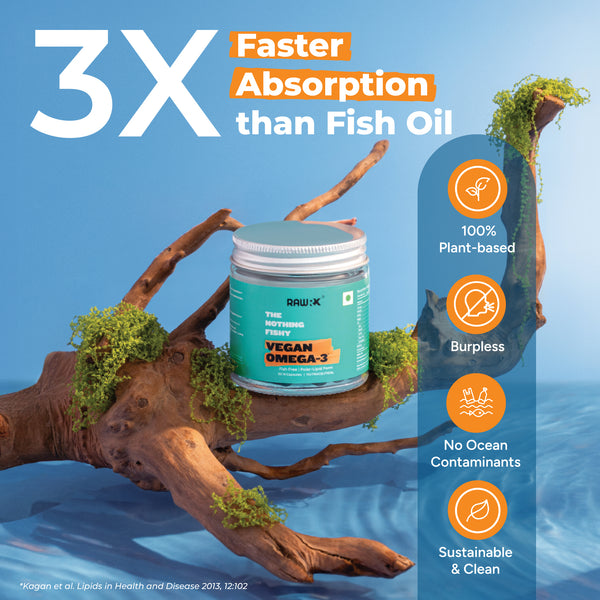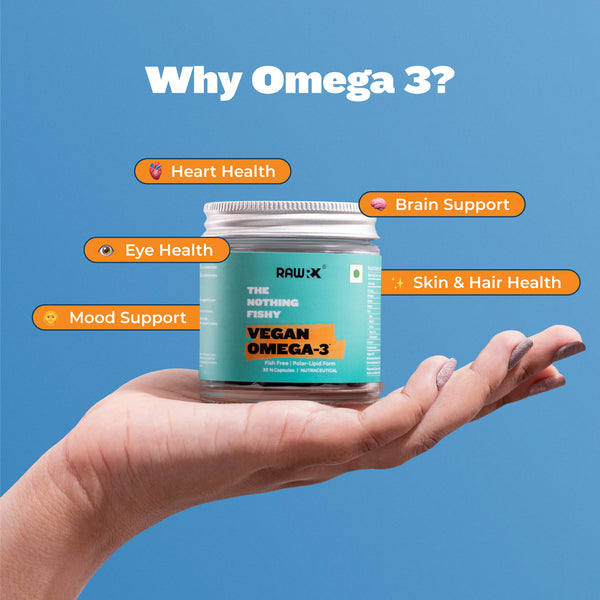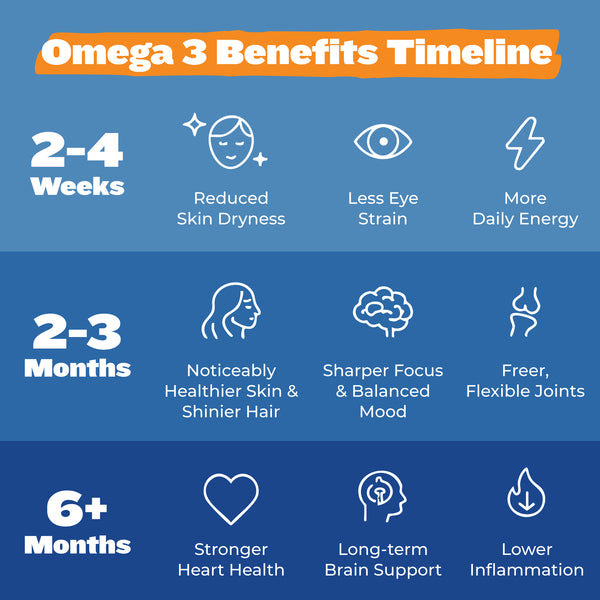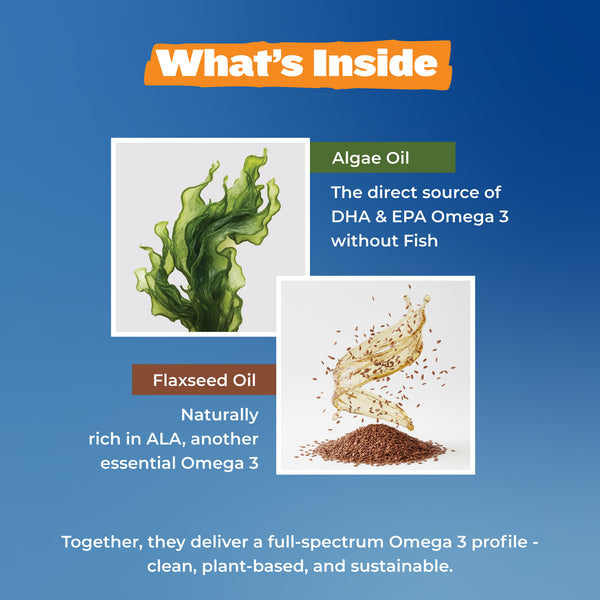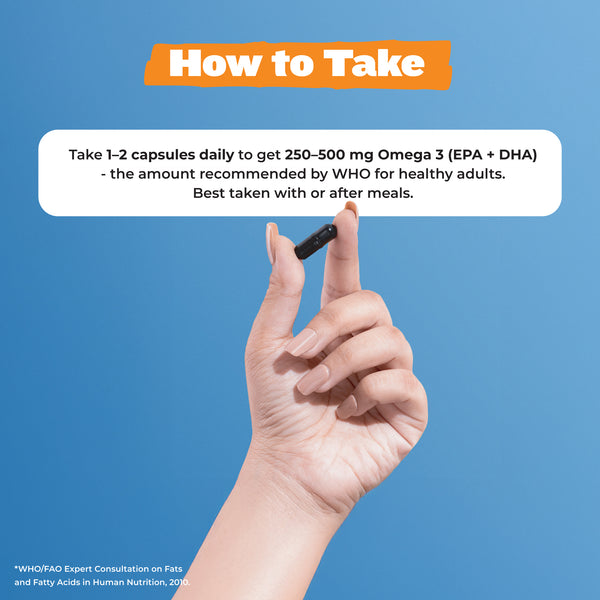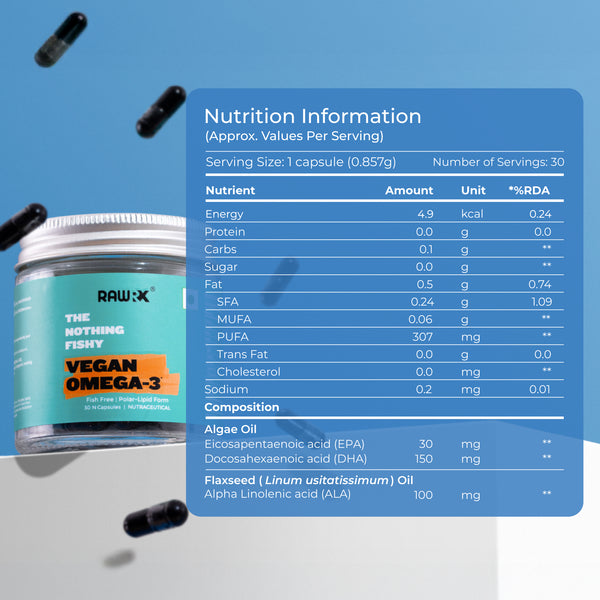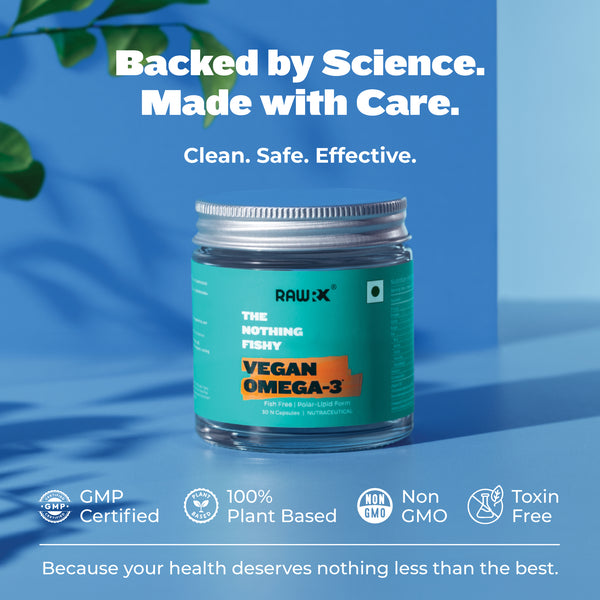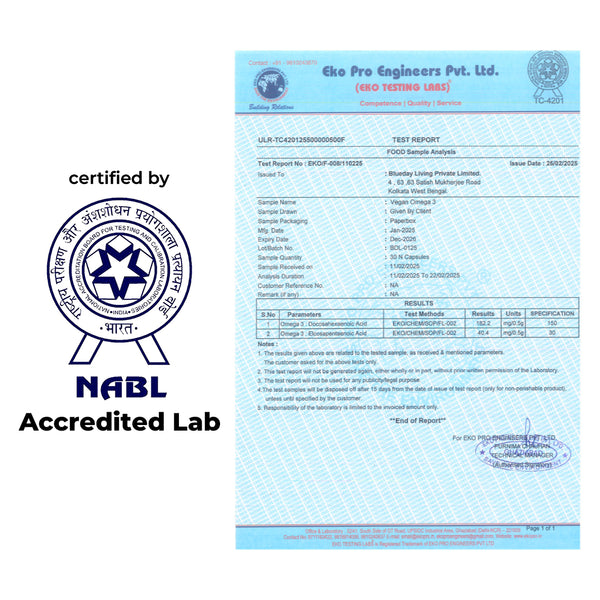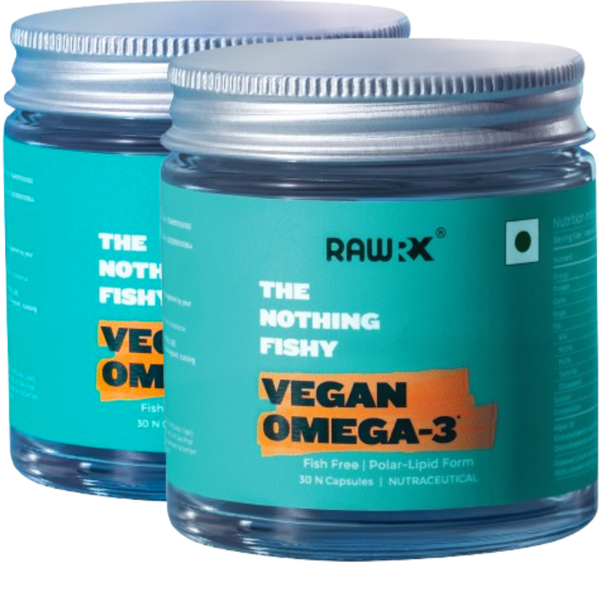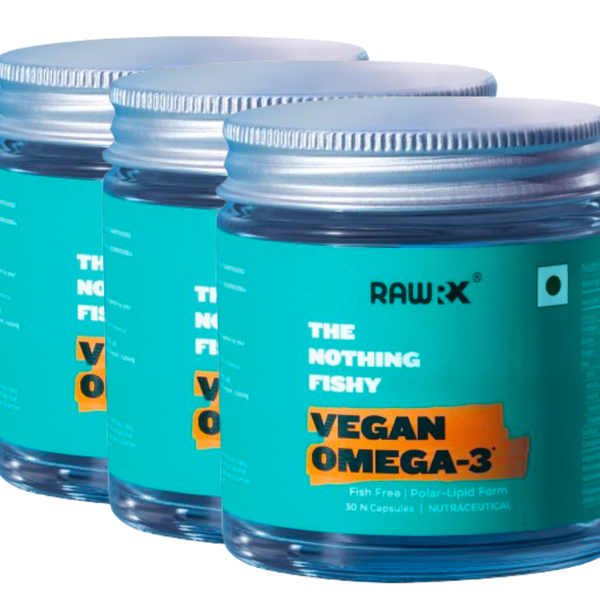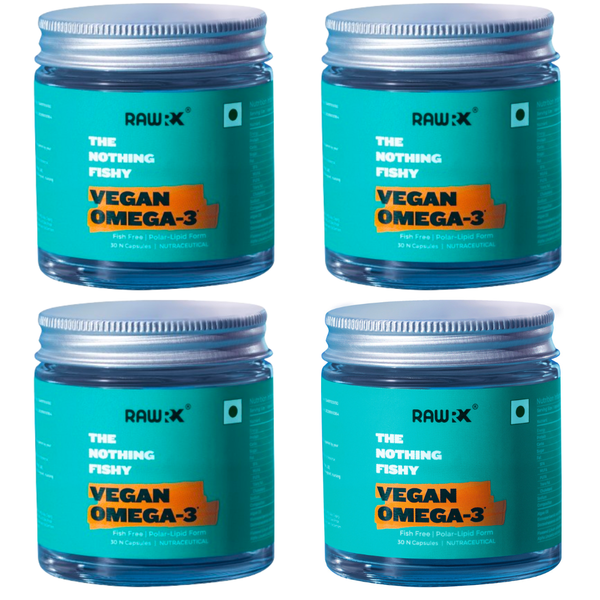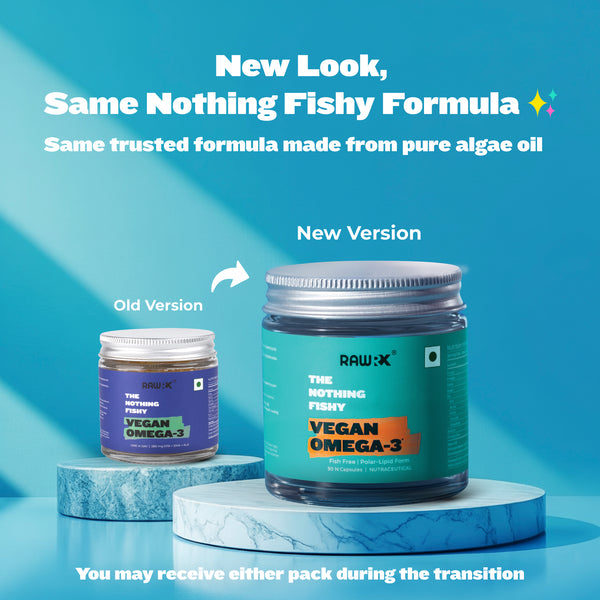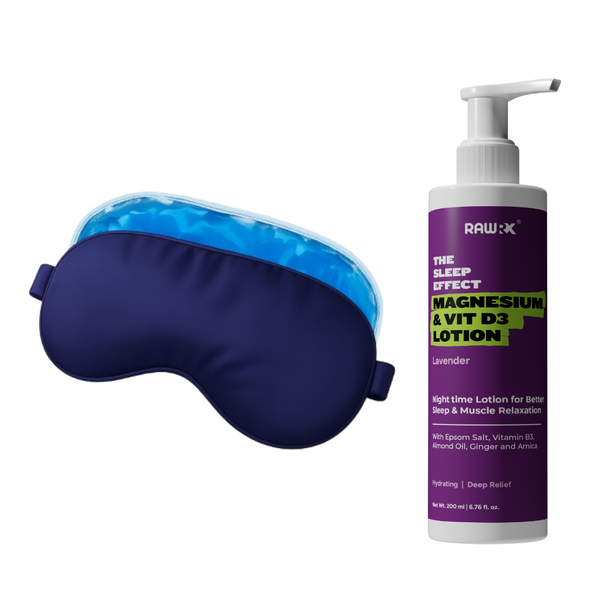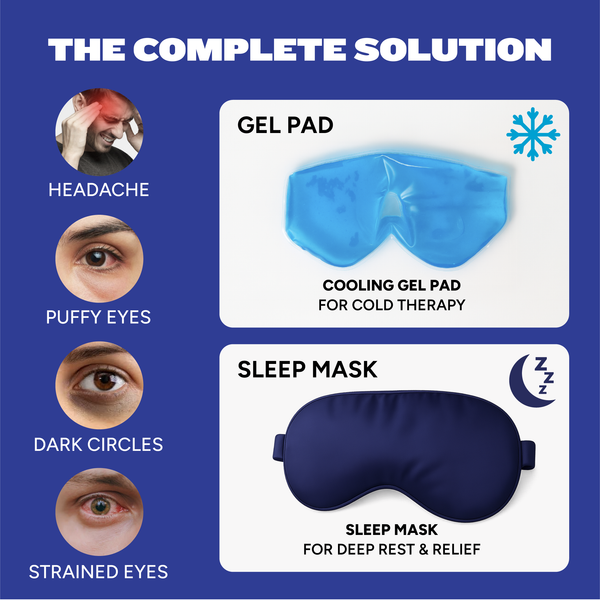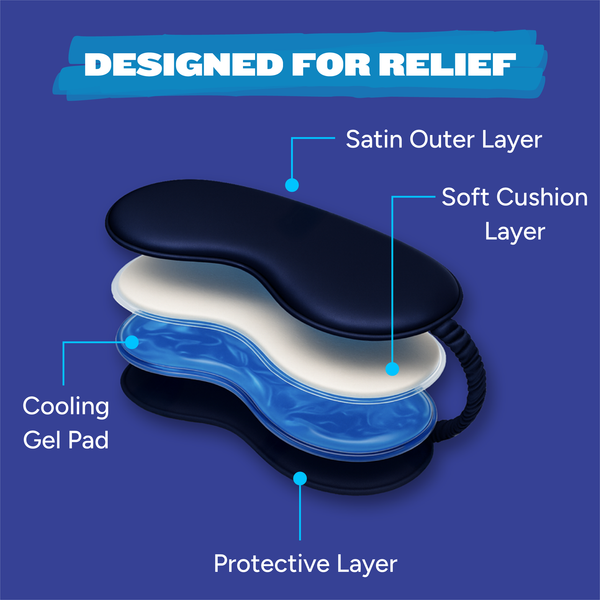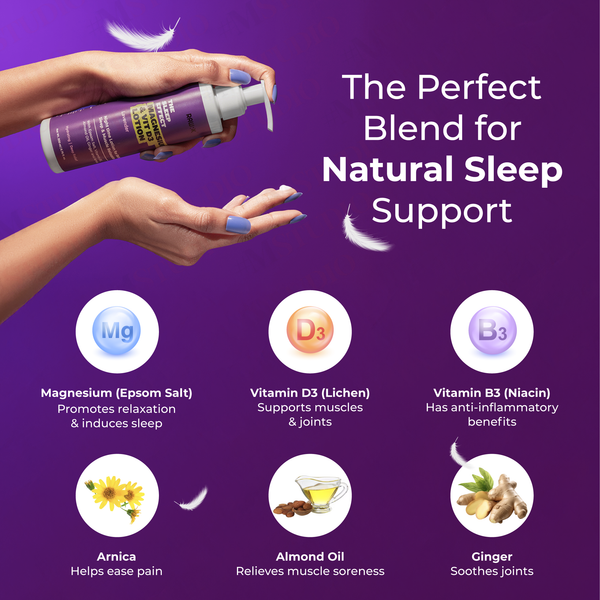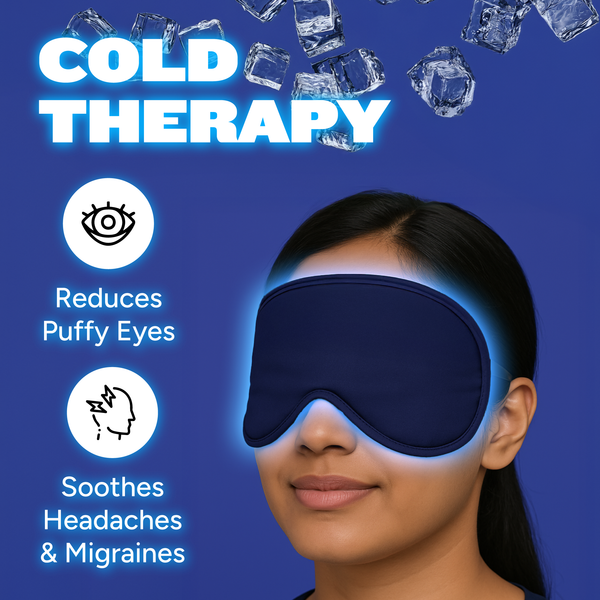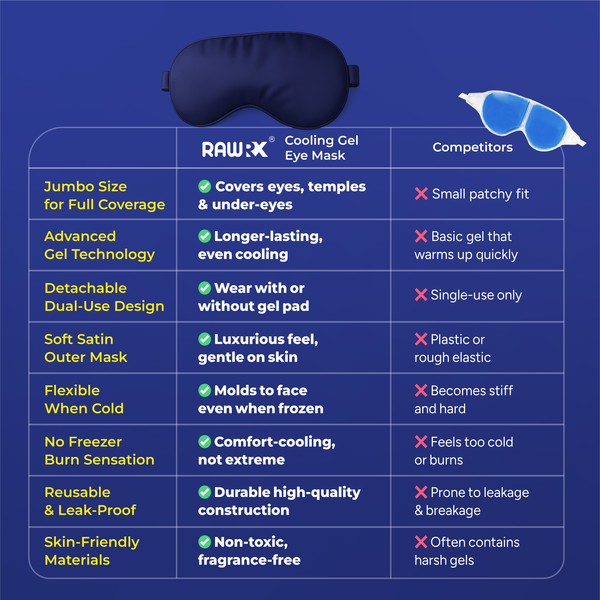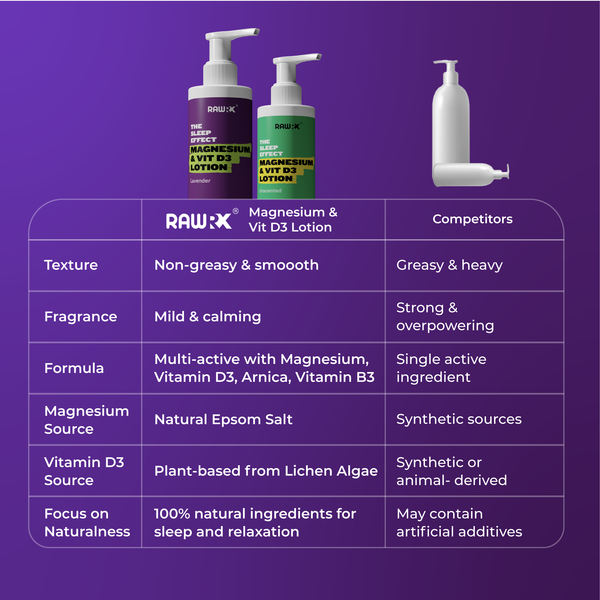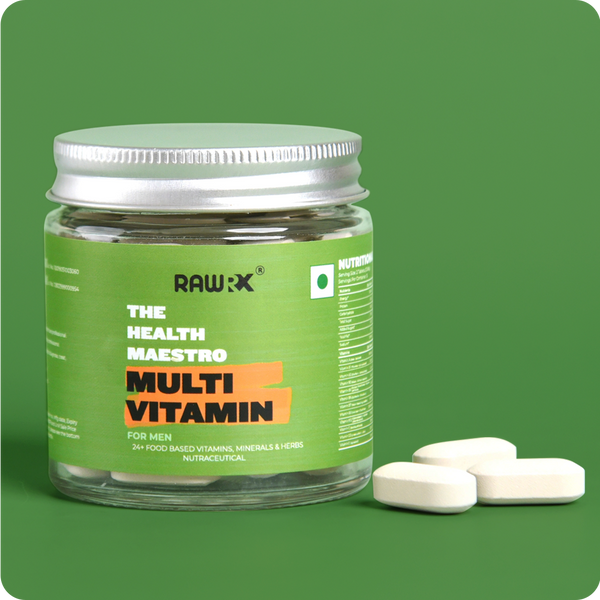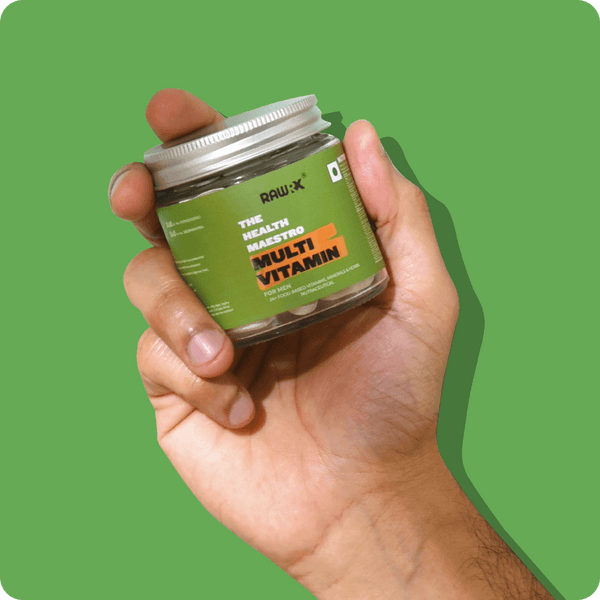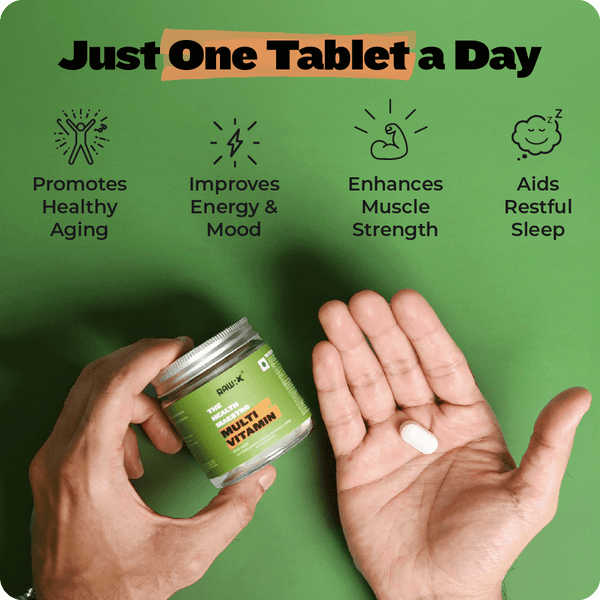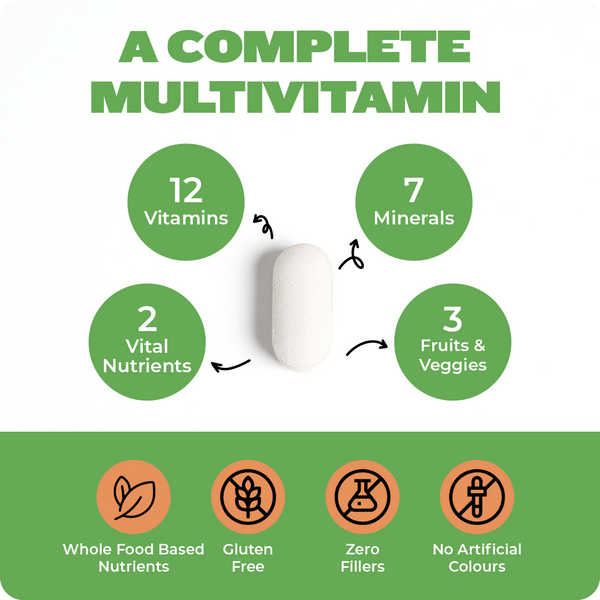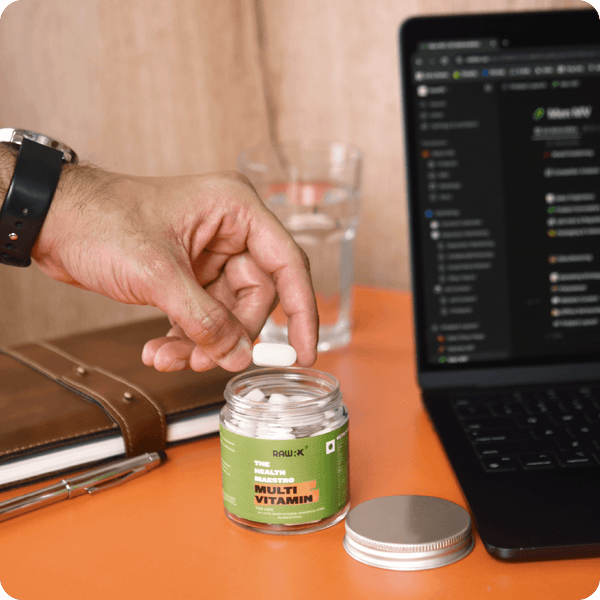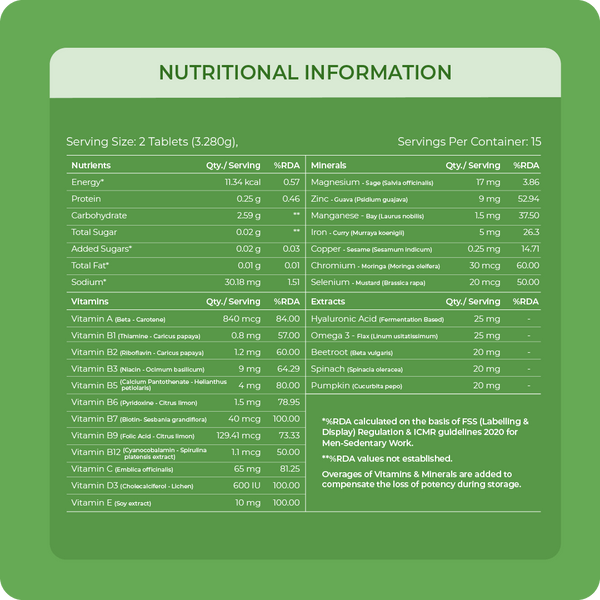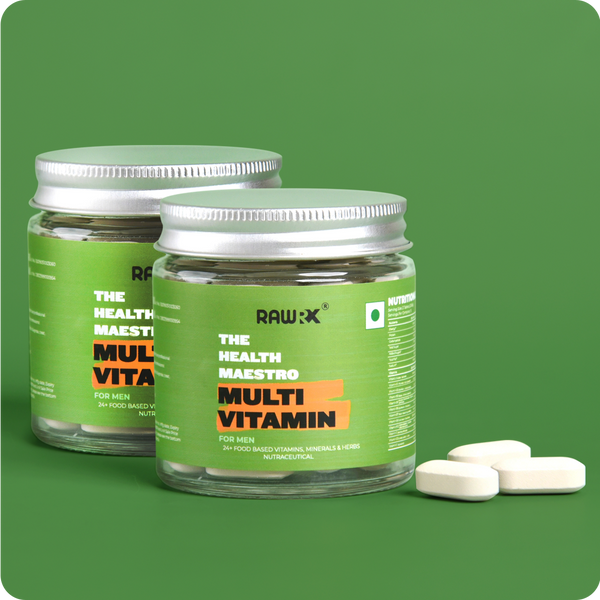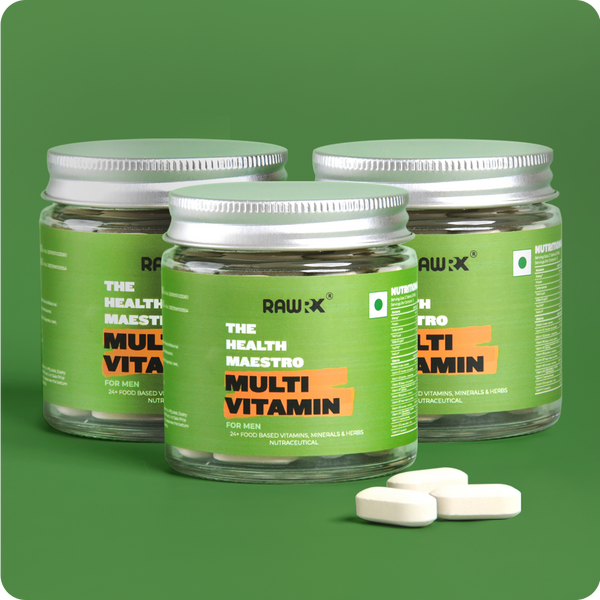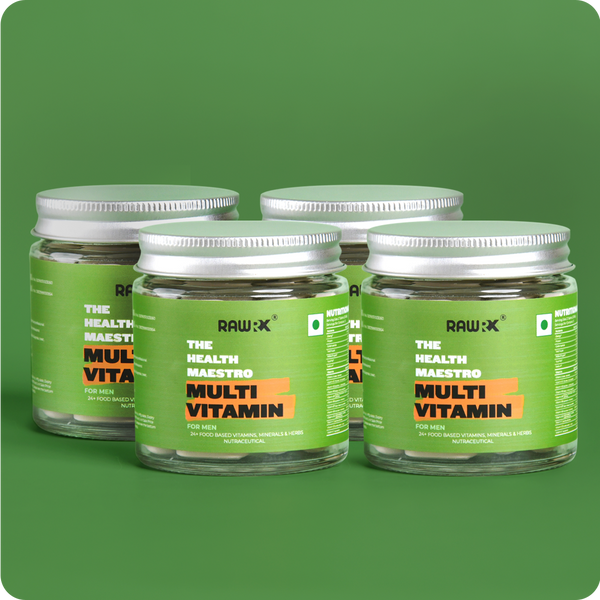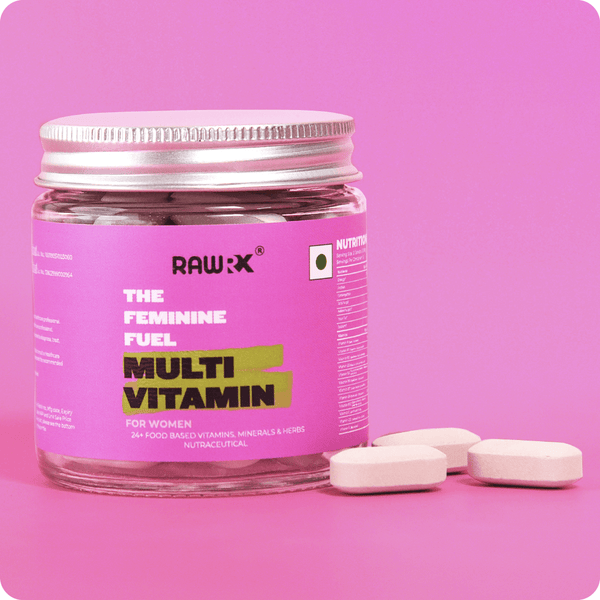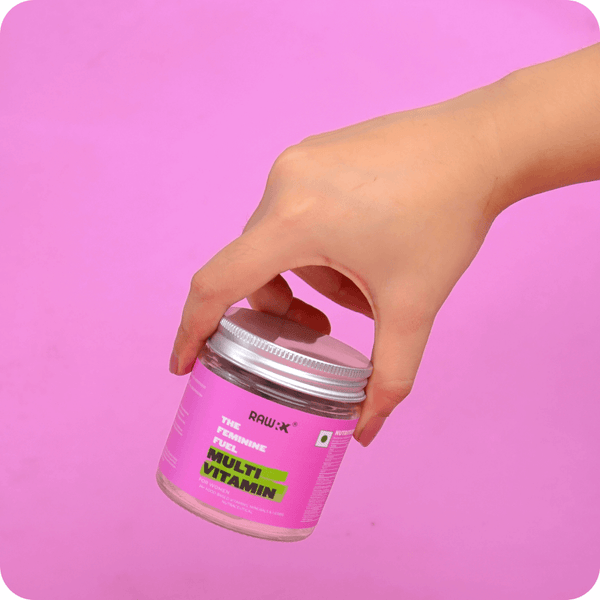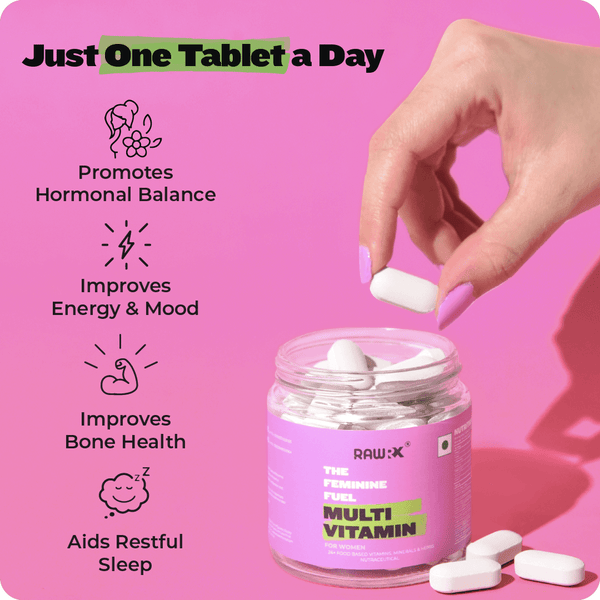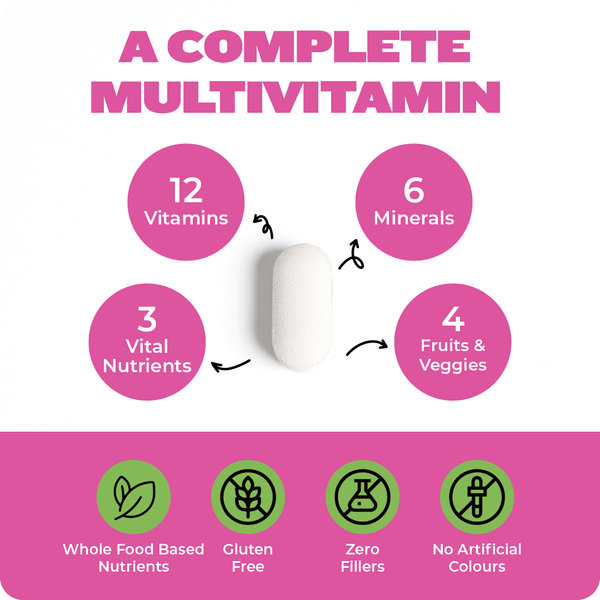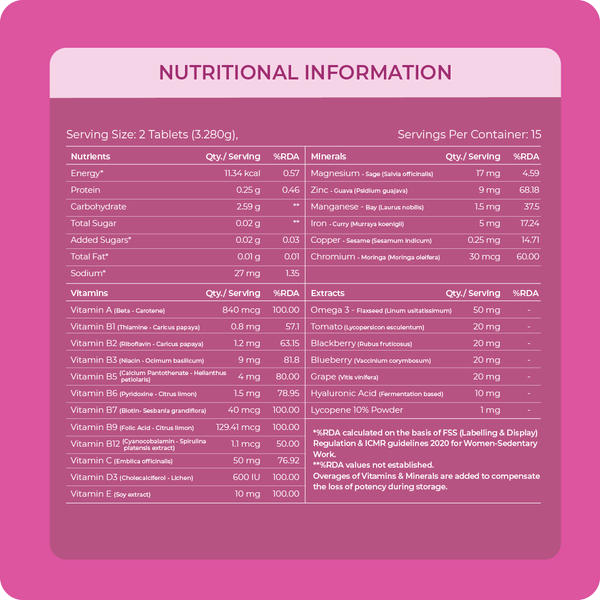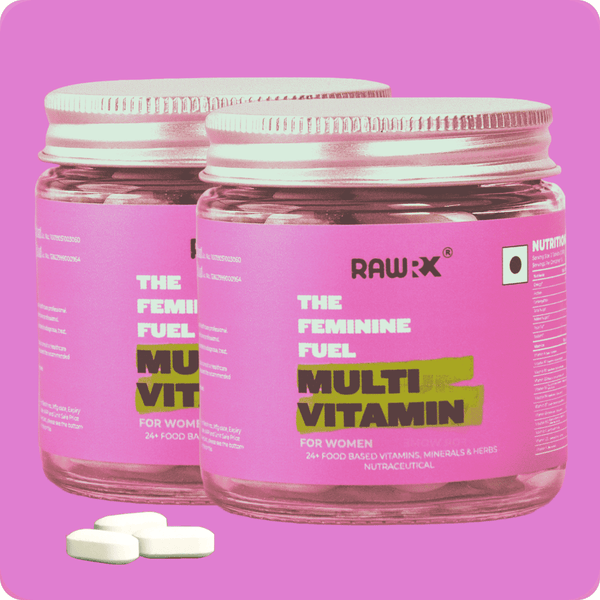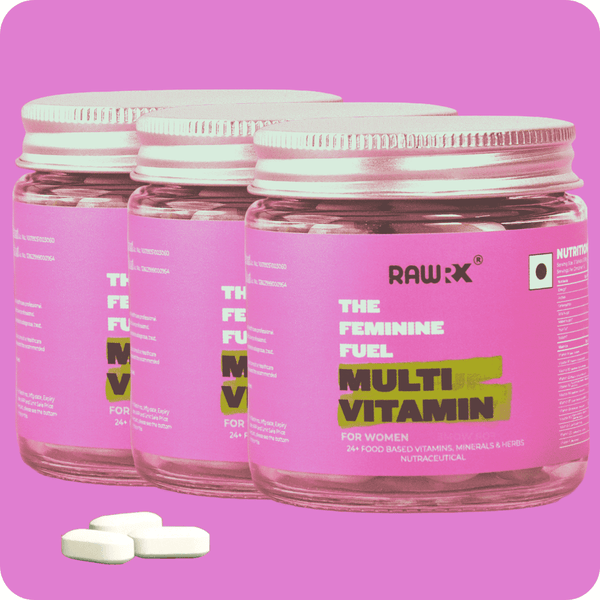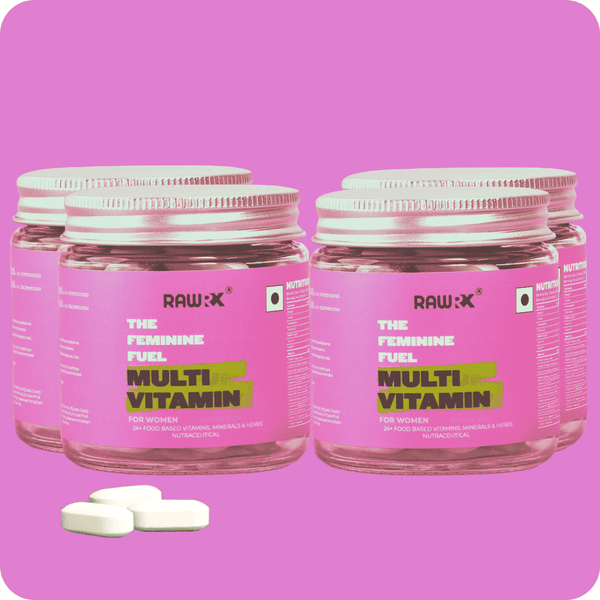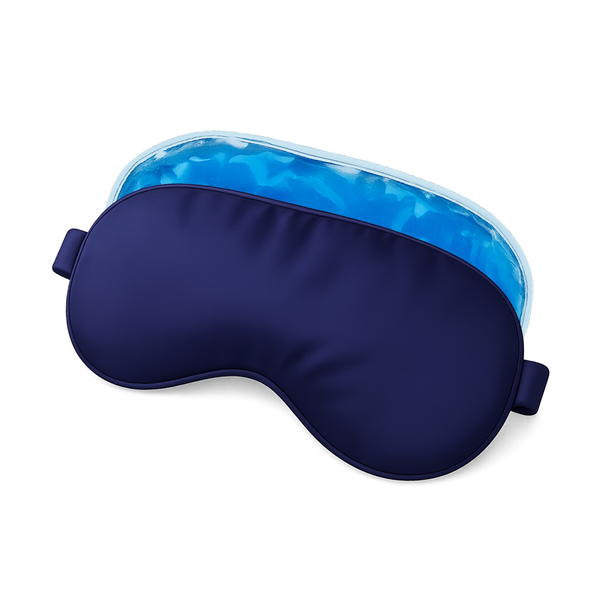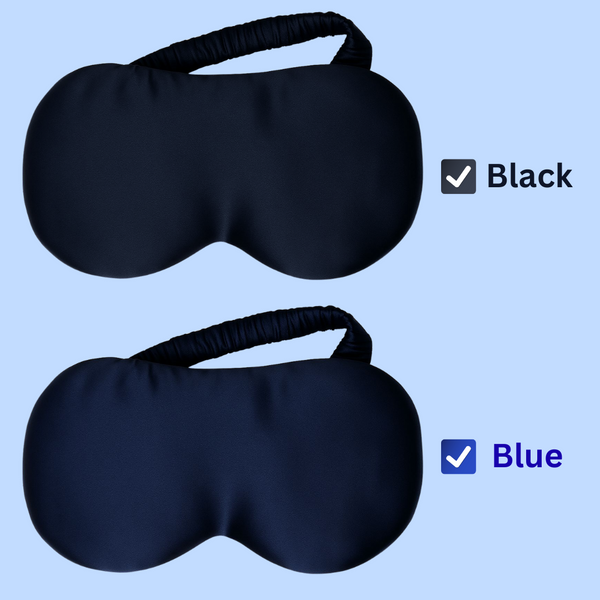6 Best Plant Sources of Omega-3 Fatty Acids
6 Best Plant Sources of Omega-3 Fatty Acids
Omega-3 are essential fatty acids that are important for maintaining heart and brain health. They play an important role in cellular function and in maintaining heart health, brain health, kidney function, eye health, and skin health.
This powerhouse nutrient is actually abundant in several different plants that will not only boost your omega-3 intake, but also deliver dozens of other important nutrients for optimal health. Omnivores may want to incorporate these vegan sources of omega-3 fats into their diets, too!
Of the three main types of omega-3 fatty acids, plant foods typically only contain alpha-linolenic acid (ALA).
ALA is not as active in the body and must be converted to two other forms of omega-3 fatty acids — eicosapentaenoic acid (EPA) and docosahexaenoic acid (DHA) — to bestow the same health benefits (Burdge #).
Unfortunately, your body’s ability to convert ALA is limited. Only about 5% of ALA is converted to EPA, while less than 0.5% is converted to DHA (Plourde and Cunnane #).
People who cannot meet their omega-3 dietary requirements and those who experience high levels of inflammation may benefit from taking omega-3 supplements. RawRX Vegan Omega-3 capsule is a better alternative compared to fish oil supplements. It is the only Omega-3 supplement available in India with all the three essential Omegas (EPA, DHA & ALA) in one capsule.
Generally, it is recommended to get 300–900 mg of combined DHA and EPA per day (Swanson et al. #). The current daily recommended intake of ALA for adults over age 20 is 1,600 mg for women and 2,060 mg for men (National Institute of Health).
Here are 6 of the best plant sources of omega-3 fatty acids.
1. Algal Oil
Algal oil, a type of oil derived from algae, stands out as one of the few vegan sources of both EPA and DHA (Martins et al. #).
Some studies have even found that it’s comparable to seafood in regard to its nutritional availability of EPA and DHA.
2. Perilla Oil
This oil, derived from perilla seeds, is often used in Korean cuisine as a condiment and cooking oil. In addition to being a versatile and flavorful ingredient, it’s also a good source of omega-3 fatty acids.
Each tablespoon (14 grams) contains nearly 9,000 mg of ALA omega-3 fatty acids.
To maximize its health benefits, perilla oil should be used as a flavor enhancer or dressing, rather than a cooking oil. This is because oils high in polyunsaturated fats can oxidize with heat, forming harmful free radicals that contribute to disease (Halvorsen and Blomhoff #).
3. Flaxseeds
Flaxseeds are nutritional powerhouses, providing a good amount of fiber, protein, magnesium and manganese in each serving. They’re also an excellent source of omega-3s.
One ounce (28 grams) of flaxseeds contains 6,388 mg of ALA omega-3 fatty acids, surpassing the daily recommended amount.
Whisk together one tablespoon (7 grams) of flaxseed meal with 2.5 tablespoons of water to use it as a handy substitute for one egg in baked goods.
With a mild yet slightly nutty flavor, flaxseed also makes the perfect addition to cereal, oatmeal, soups or salads.
4. Walnuts
Walnuts are loaded with healthy fats and ALA omega-3 fatty acids.
Just one serving of walnuts can fulfill an entire day’s requirements of omega-3 fatty acids, with a single ounce (28 grams) providing 2,542 mg.
5. Chia Seeds
Chia seeds are known for their many health benefits, bringing a hefty dose of fiber and protein with each serving. They’re also a great plant-based source of ALA omega-3 fatty acids.
Just one ounce (28 grams) of chia seeds can meet and exceed your daily recommended intake of omega-3 fatty acids, delivering a whopping 4,915 mg.
6. Hemp Seed
In addition to protein, magnesium, iron and zinc, hemp seeds are comprised of about 30% oil and contain a good amount of omega-3s.
Each ounce (28 grams) of hemp seeds contains approximately 6,000 mg of ALA.
Sprinkle hemp seeds on top of yogurt or mix them into a smoothie to add a bit of crunch and boost the omega-3 content of your snack.
Also, homemade hemp seed granola bars can be a simple way to combine hemp seeds with other healthy ingredients like flaxseeds and pack in extra omega-3s.
The Bottom Line
Omega-3 fatty acids are an important part of the diet and essential to your health.
If you don’t eat fish because of dietary reasons or personal preference, you can still reap the benefits of omega-3 fatty acids in your diet.
By either incorporating a few omega-3-rich foods into your diet or opting for a plant-based supplement, it’s possible to meet your needs.
